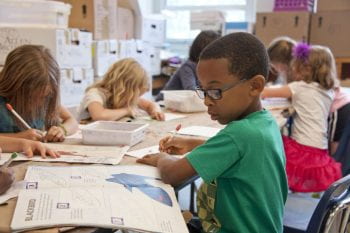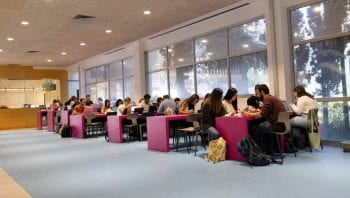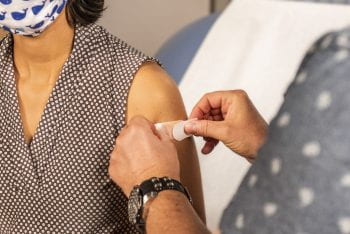Yung Chun, Oren Heller, Jason Jabbari, Yaniv Shlomo, Ayala Hendin, Fanice Thomas and Michal Grinstein-Weiss The COVID-19 pandemic made significant and wide-ranging impacts on child education by disrupting learning process and exacerbating existing inequalities across continents. School closures intended to curb the virus’s spread, resulted in reduced instructional time and limited access to crucial resources […]
Tackling Disparities in Child Education Amidst COVID-19 Recovery: Lessons from Israel





